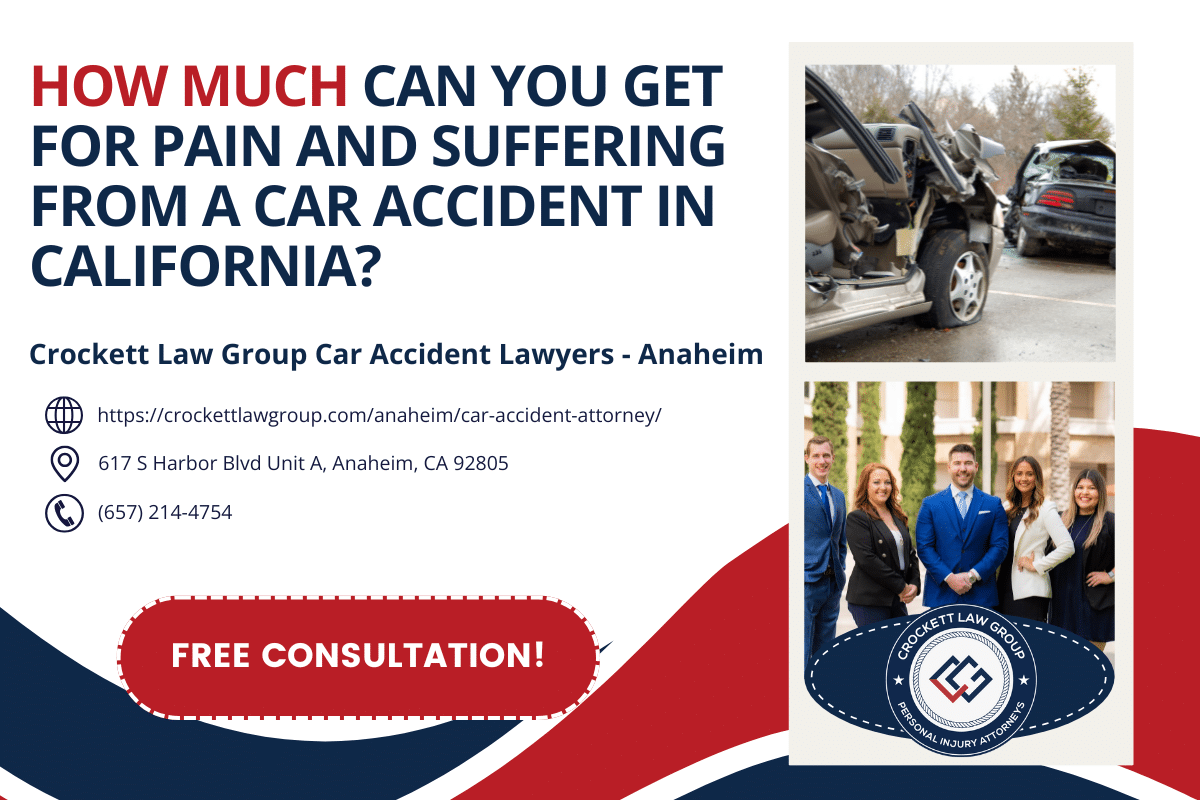Whiplash is a common injury resulting from vehicular accidents, often leading to prolonged discomfort or even chronic pain. However, when it comes to legal considerations, a pressing question emerges: “Can you claim whiplash if the accident was your fault?” For many, this query arises out of a genuine concern. Whether they momentarily took their eyes off the road, or perhaps misjudged a turn, accidents happen.
And in the aftermath, victims often grapple with the consequences, both physically and financially. In some states, the question of fault can significantly impact the ability to claim compensation. Tennessee, as we’ll explore, has its unique stance on this matter. Through this article, we aim to demystify the complexities of whiplash claims, especially in situations where fault is a focal point.
Understanding Whiplash Claims
Whiplash occurs when the neck experiences sudden, forceful movement, typically back-and-forth, often resulting from a car accident. This movement can cause a range of symptoms such as neck pain, stiffness, and even more severe medical conditions over time. Understanding what whiplash is and how it happens is the first step toward exploring the legal avenues available to you for compensation.
What Causes Whiplash?
- Rear-End Collisions: The most common type of accident causing whiplash.
- Sudden Stops: Abruptly halting your vehicle can jerk passengers forward, causing whiplash.
- High-Speed Collisions: Although less frequent, high-speed accidents can also result in whiplash.
Now that we’ve established a baseline understanding of whiplash, we can delve deeper into the legal aspects. Specifically, we’ll tackle the pressing question: Can you get a whiplash claim if the accident was your fault? Knowing the context will make it easier to navigate the intricacies of the law, particularly as they apply in the state of Tennessee.
Can You Get a Whiplash Claim if It Was Your Fault?
At the heart of many accident-related inquiries lies the concept of fault. Traditionally, if an individual was deemed at fault for an accident, it meant bearing the brunt of the financial responsibilities. However, the modern legal landscape presents a more nuanced picture.
In many states, the system is either a “fault” or “no-fault” when it comes to automobile accidents. In “fault” states, the person responsible for the accident (and their insurance) bears the financial responsibility. Conversely, in “no-fault” states, each person’s insurance covers their own injuries regardless of who was at fault.
But where does whiplash fit into this equation? Whiplash claims, like other injury claims, are subject to these laws. If you’re in a “fault” state and are deemed responsible for the accident, it may be challenging to claim compensation for whiplash from the other party’s insurance. However, you might still be able to utilize your insurance, depending on your policy and its coverage limits. That said, the dynamics change when we shift our focus to Tennessee. So, let’s take a closer look at how the Volunteer State approaches this issue.
Tennessee’s Stance on Fault and Compensation
Tennessee operates on a “modified comparative fault” system. What does this mean for accident victims, especially those contemplating a whiplash claim?
Under this system, an injured party can recover damages only if they are found to be less than 50% at fault for the accident. However, their compensation will be reduced by their percentage of fault. For instance, if you were 30% at fault and sustained injuries amounting to $10,000, you could potentially claim $7,000 after the 30% reduction.
When it comes to whiplash, the above principle applies. Even if you were partly responsible for the accident, you might still claim compensation for your whiplash injury. But remember, your claim can be reduced based on your degree of fault.
Several factors can influence the outcome of your claim:
- Severity of the Injury: More severe whiplash injuries can lead to higher compensation, given that they may require prolonged treatment.
- Medical Expenses: The cost of your treatment, from initial consultation to rehabilitation, can significantly influence your claim.
- Lost Wages: If your whiplash injury forced you to take time off work, you might be compensated for lost earnings.
Presenting robust evidence can make a crucial difference in strengthening your claim. Documentation of your injury, witness testimonies, and professional evaluations can play pivotal roles. We’ll delve deeper into this aspect in the next section.
In summary, while being at fault does present some challenges in Tennessee, it doesn’t necessarily shut the door on your chances to claim compensation for whiplash. However, the specifics of each case vary, making consultation invaluable.
Gathering Evidence for a Whiplash Claim
If you’ve sustained a whiplash injury and are considering filing a claim, the strength of your evidence can play a pivotal role in the success of your claim, especially in a state like Tennessee with its “modified comparative fault” system. But what does compelling evidence look like in the context of a whiplash claim?
In any personal injury case, evidence serves as the bedrock. It not only substantiates your claim but also provides a clearer picture of the circumstances surrounding the accident. For whiplash, given its often subjective nature, comprehensive evidence can counteract skepticism.
The types of evidence needed are the following:
- Medical Records: The foremost piece of evidence. It’s vital to see a doctor immediately after the accident to document the extent of your injury.
- Accident Scene Photographs: Photos can capture the damage to vehicles, the positioning of cars, and any other elements that can help explain the cause and force of the collision.
- Witness Statements: Witnesses can provide an unbiased account of how the accident unfolded. Their testimonies can corroborate your version of events.
- Police Reports: If the police were called to the scene, their report could provide an official account of the accident, including any citations issued.
- Personal Journal: Documenting your pain levels, mobility issues, and any other symptoms on a day-to-day basis can provide a chronological account of your recovery journey.
- Relevant Documentation: This might include any correspondence with insurance companies, bills, or any other documents that could shed light on the financial implications of the injury.
While gathering the above evidence is crucial, ensuring its relevance and credibility is equally important. For instance, consistent medical records and immediate treatment can underline the severity of the injury. Likewise, witness statements that align with the physical evidence can bolster the integrity of your claim.
In the end, a strong evidentiary foundation can not only support your claim but also potentially influence the amount of compensation you might receive, leading us to the next important query: How much money can one expect from a whiplash claim in Tennessee? We’ll explore this in the subsequent section.
Potential Compensation for Whiplash in Tennessee
Navigating the financial implications of a whiplash injury in Tennessee requires an understanding of several factors that influence potential compensation. The severity of the injury is paramount, with more significant injuries that demand extended medical care often leading to higher compensatory figures. Immediate and ongoing medical expenses, from initial treatments to rehabilitation, play a central role in determining compensation. Furthermore, any wages lost due to the injury, both in the immediate aftermath and during recovery, add to the claim’s value.
In Tennessee, the emotional and psychological impact, often termed as “pain and suffering,” can also be considered, even though it presents a more subjective evaluation. However, it’s essential to remember Tennessee’s modified comparative fault system, which can reduce compensation based on the claimant’s degree of fault in the accident.
On average, while exact figures can be elusive due to the uniqueness of each case, minor whiplash claims in Tennessee might range in the thousands, whereas severe cases with lasting effects could command much higher amounts.
To ensure optimal compensation, it’s advisable to seek legal counsel, maintain comprehensive documentation, and act promptly.
Crockett Law Group is here to assist with any queries or concerns. For specialized advice, reach out to them at (800) 900-9393. Being informed and proactive is pivotal in pursuing the compensation you rightly deserve.










